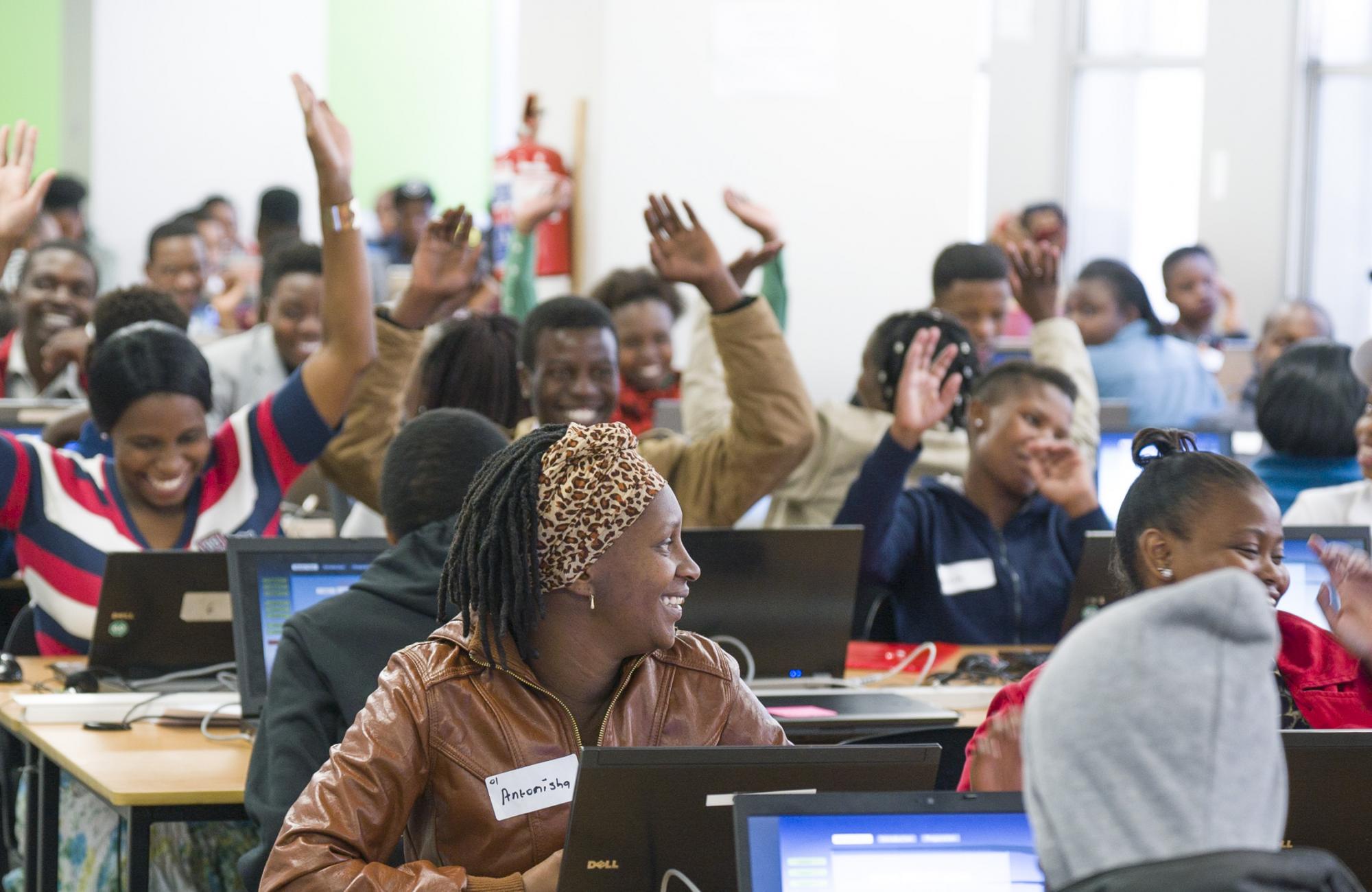Kate Orkin discusses the evidence in favour of using cash rather than food for emergency social relief, why cash transfers to the poor are a long term investment as well as an immediate fix, why people use cash responsibly and how to cover those not currently enrolled in grants systems.
Right now, this week, we need to get money out fast to stop people falling into extreme poverty. Decades of research tell us that we have no time to lose. Kate Orkin writes about social protection efforts in response to COVID-19.
Kate Orkin spoke to Eusebius Mckaiser, South Africa's leading radio breakfast show, to discuss how government can use various social security mechanisms like the child support grant, to bring relief to the most vulnerable in the context of COVID19 shocks. The show was based on a brief at econfip with Prof Clement Imbert and Francois Gerard.
Researcher Mahreen Mahmud contributes to the World Bank's South Asia Economic Focus Spring 2020 Edition on how migration data may provide a way of predicting high risk areas for the spread of coronavirus for policy makers (see Box 1.1 in report).
Will people do as they're told? Kate Orkin speaks with the BBC to discuss how behavioural science can aid COVID-19 government prevention strategies and the power of role modelling good behaviour.
People need simple choices, not suggestions, in the COVID-19 crisis. Researcher Kate Orkin discusses this in a recent University of Oxford blog as well as discusses how people do things that are good for them and for the community by default.
